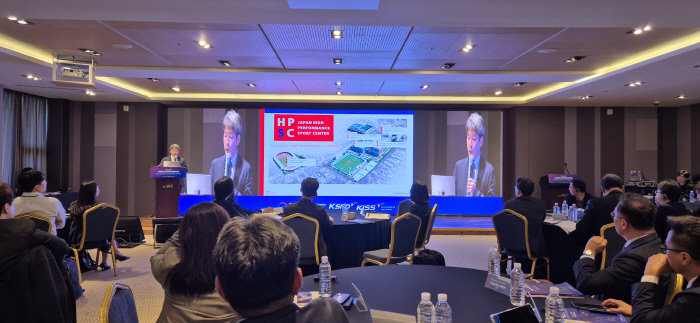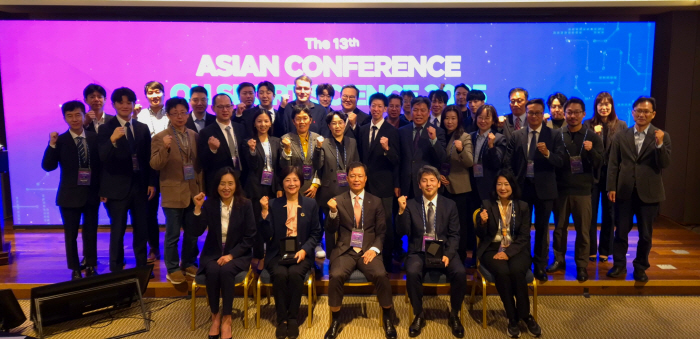
Overview of the 13th Asian Sports Science Conference
The 13th Asian Sports Science Conference was recently held at the WE Hotel in Seogwipo, Jeju Special Self-Governing Province. This two-day event focused on the theme ‘Beyond Limits: New Achievements made by Sports Tech Convergence.’ The conference was organized by the Korea Sports Science Institute, with Director Song Kang-young leading the initiative. It brought together sports science experts from various countries, including Switzerland and Germany, as well as representatives from member nations of the Asia Conference of Sports Science (ACSS), such as Korea, China, and Japan.
Key Presentations and Discussions
The conference kicked off with an opening ceremony on the first day, followed by a series of presentations. These included discussions led by Hong Yuan, vice president of the Chinese Academy of Sports Sciences; Yusuke Ishige, vice president of the Japanese Academy of Sports Sciences; and Song Kang-young. Their talks centered on the future direction of sports science and how technological advancements can contribute to the field.
Experts also shared insights on the latest research and developments in sports science. The discussions aimed to foster collaboration among Asian countries and promote the exchange of knowledge and best practices.
Research Results for the 2026 Winter Olympics
A significant part of the conference was dedicated to research related to the upcoming 2026 Milan-Cortina D’Ampezzo Winter Olympics. Several studies were presented, including:
- Lessons from trilateral cooperation between Korea, China, and Japan– This study explored the benefits of collaborative efforts among the three countries in sports science research.
- Windwind training of ski jumpers using 3D motion capture– Researchers demonstrated how advanced technology can enhance training methods for athletes.
- Cortina D’Ampezzo customized biomechanical analysis for national speed skaters– This project highlighted the use of personalized biomechanical assessments to improve performance.
These findings are expected to play a crucial role in preparing athletes for the next Winter Olympics and setting new benchmarks in sports science.
Goals and Future Implications
The Korea Sports Science Institute aims to use this conference as a platform to share basic research cases and sports science support information from each country. By doing so, they hope to enhance Asian international sports competitiveness and improve the performance of domestic athletes.
The event also serves as an opportunity for experts to network, exchange ideas, and explore potential collaborations that could lead to groundbreaking advancements in sports science.
Conclusion
The 13th Asian Sports Science Conference underscored the importance of innovation and collaboration in the field of sports science. With a focus on technology and its applications, the conference provided valuable insights into the future of sports research and development. As the global sports community continues to evolve, events like these will play a vital role in shaping the next generation of athletic achievements.
